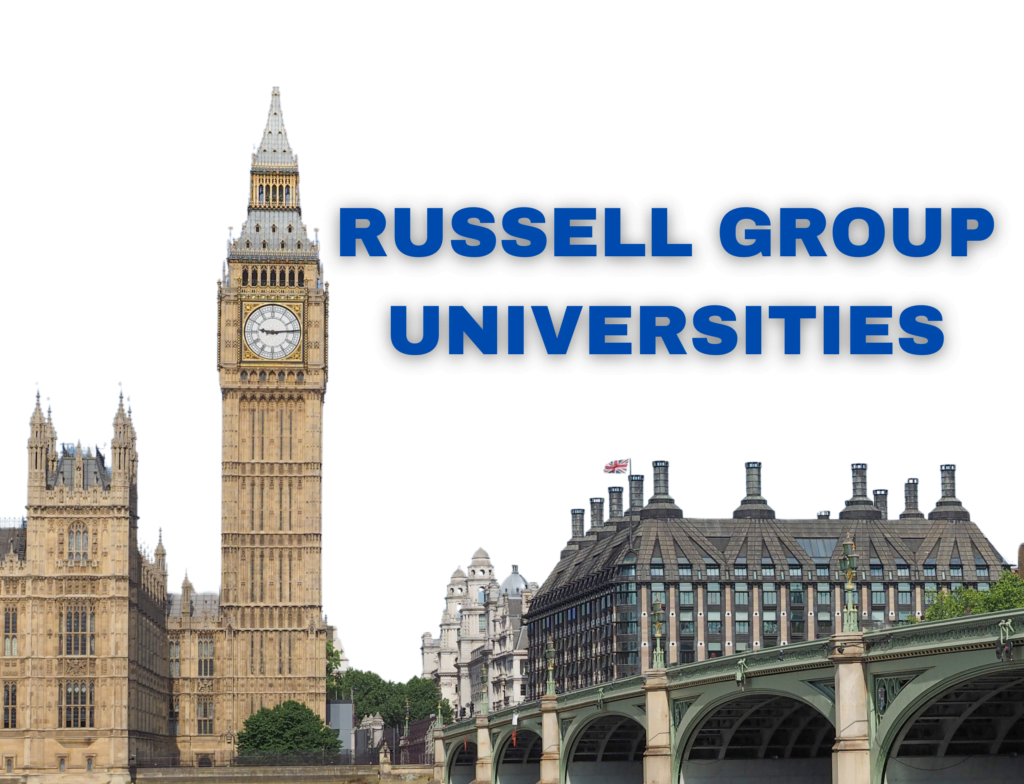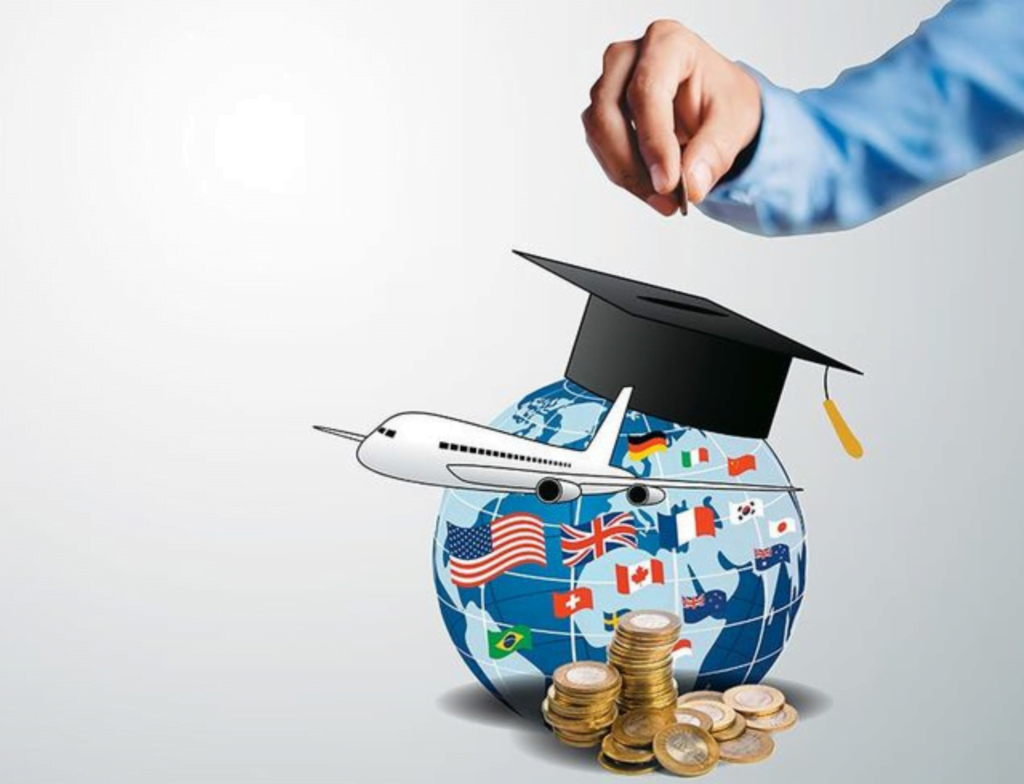The University of Sheffield Scholarships offer an opportunity for international students seeking quality education. However, many are left uncertain due to the presidential elections in the U.S. Many current foreign students have become concerned about their future residency options after completing their studies due to changes in policies regarding student visas and work access for recent graduates.
The Current State of U.S. Student Visas
Foreign students to study in the U.S. typically require an F-1 visa that allows them to engage in full-time academic studies. However, this visa typically comes with post-graduation restrictions unless the student acquires other visas or permissions such as the OPT or the H-1B visa.
OPT is one of the most precious bridges for recent graduates to have work experience in the United States in their area of study. For the case of STEM graduates, they may extend their OPT for as long as three years. However, this is not a permanent work authorisation; many students, such as Nigerian-born Ernestino Amaechi, face the pressure of getting an H-1B visa before the OPT period runs out if they want to stay working in the country.
Why U.S. Elections Matter to International Student Visas
Each administration brings different policies and perspectives on immigration. For instance, policies regarding visa distribution, processing times, and work authorisations are subject to change with each administration, sometimes dramatically. Because these policies can be implemented through executive orders or administrative changes, international students and visa holders live in uncertainty with each new presidency.
Trump vs. Biden-Harris on Student Visa Policies
Even though student visas are not an issue in this election, immigration is a big issue. Former President Donald Trump once proposed limiting visas, which would have affected international students. During the pandemic years, his administration suspended the F-1 visa for classes conducted entirely online, a move that was rolled back after opposition from universities and lawsuits.
On the other hand, the Biden administration has eased some aspects of immigration policy, such as post-study work permits for certain students. Yet neither of the candidates offered a comprehensive plan on student visas. This ambiguity is creating anxiety among international students who are waiting for November election day and who are eager to stay and work for the United States.
Challenges of International Students in Obtaining Work Visas
H-1B visas, an almost ineluctable next step for students like Amaechi, are very competitive and scarce. Year in year out, applicants far outweigh the limited number of visas available, thereby exacerbating the challenges of foreign graduates who seek to change their status from students to professionals in the United States.
Further, statistics depict that rejection rates for a visa are high and predominantly for students from sub-Saharan Africa. Therefore, accessing study and work opportunities for the students in the United States becomes a hard call. Though the interest by sub-Saharan African students keeps increasing, the path leading to and sustaining a visa is still not well clear, especially when the policy might change with an election.
How the Election May Impact International Student Visa Policies Down the Line
All things, including visa processing times and post-graduation work permits, can change, from the “just stroke of a pen,” in some cases according to the insights of the expert Ben Waxman. International students should, therefore, follow updates regarding the candidates who will bring their visions, making one consider probable changes within the U.S. immigration policy.
For instance, a Trump administration would probably continue to escalate the restriction of access to visas and could even trigger an increase in denial rates and may also impact the opportunities of graduates to work immediately after graduation. On the other hand, a continuation of a Biden-Harris administration would probably focus on preserving or even expanding work opportunities for foreign graduates. Since neither side is explicitly committing, the uncertainty facing international students increases.
Guidance to Current and Prospective International Students
With these uncertainties, there are some strategies you may want to consider if you are an international student currently in the U.S. or planning to come here: Stay up to date on each candidate’s stance on immigration. Immigration should be noted, even though some candidates will not specifically mention student visas.
Have a backup plan. H-1B visas are extremely competitive. Consider alternative visa categories or other countries where your skills and education would also be valuable.
Explore networking and career opportunities. Early: Building strong networks and career connections while on OPT can also increase your chances if your employer is willing to sponsor an H-1B visa.
Conclusion
With the U.S. election soon to be held, international students are left wondering what their visa prospects may hold. Every administration brings in different policies that affect the likelihood of visa approvals, OPT extensions, and a better chance at securing long-term residency options. In Amaechi’s case, the stakes are higher, and the need to adapt is essential as she moves forward in her life with the ever-changing U.S. immigration policy landscape.





